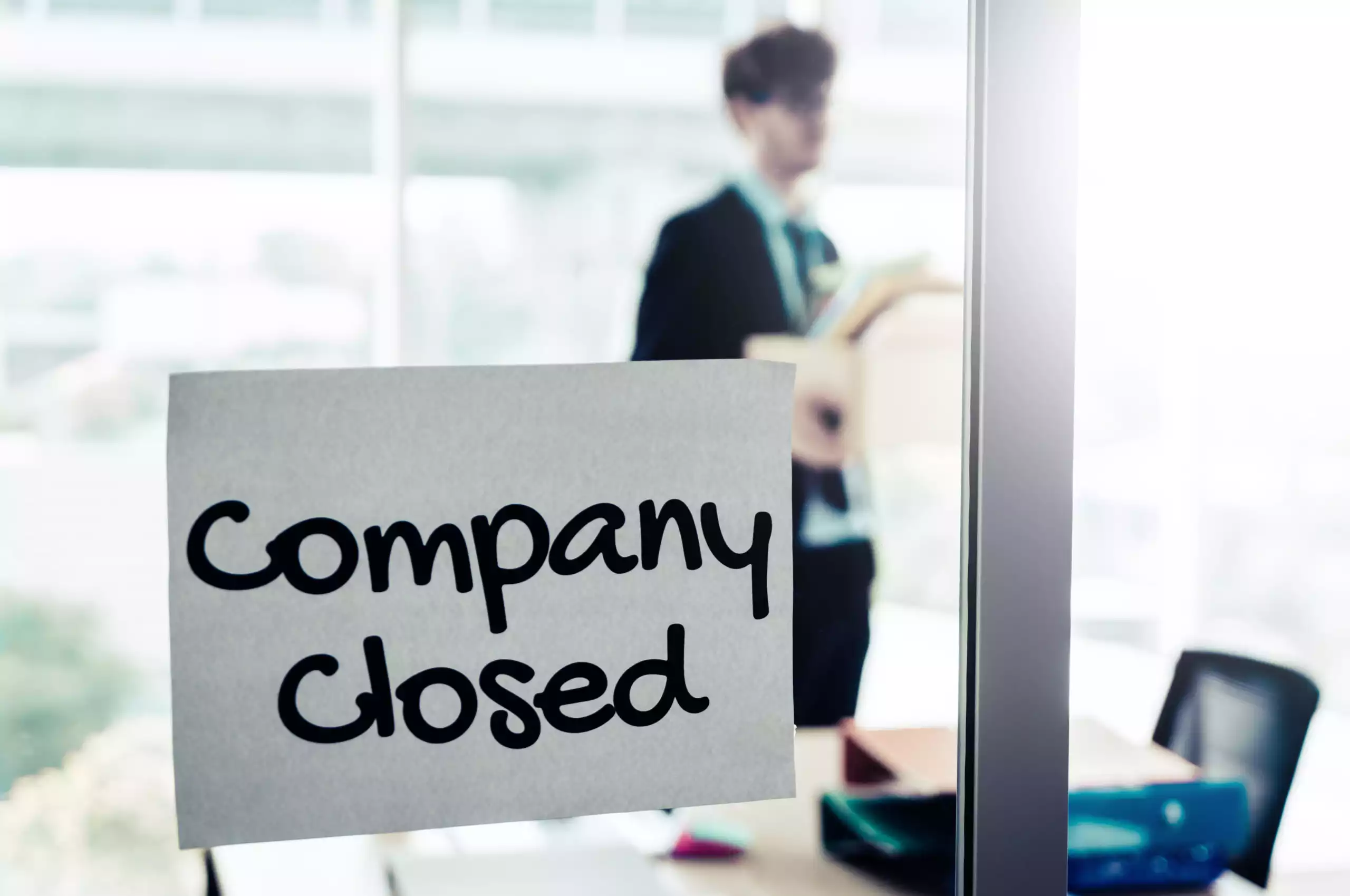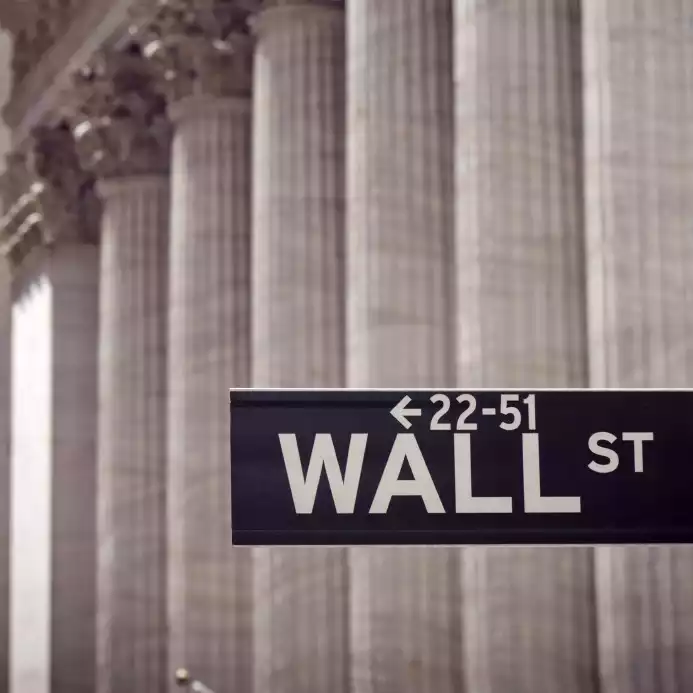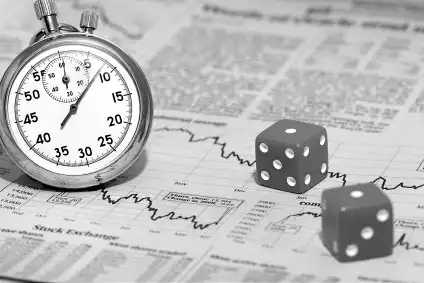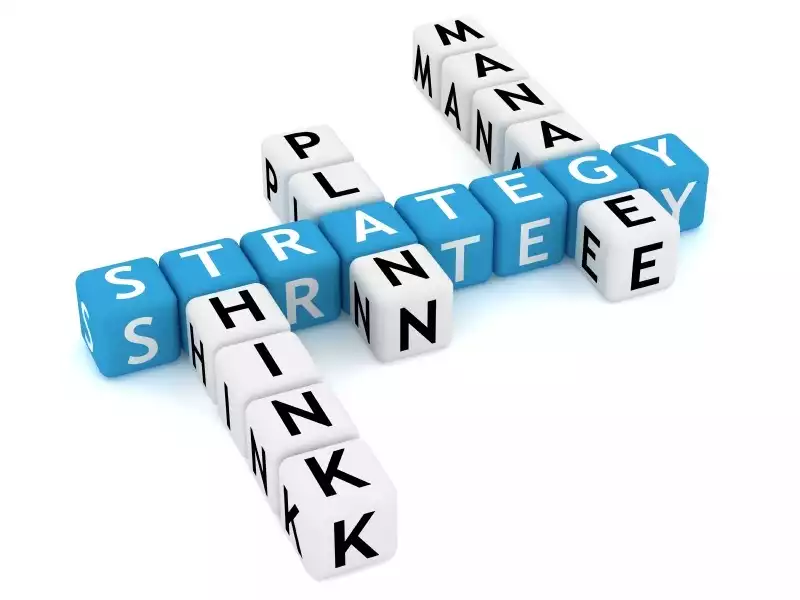Ever felt that eye-roll when your favorite brands suddenly go all 'woke' on you? We get it. It's like watching a cringe-worthy reality show, but the stakes are your go-to products. In this wild ride of 'Go Woke, Go Broke,' we're dishing out the details on 14 woke corporate fails that left us all questioning - can't we just enjoy our coffee without a side of virtue signaling? Let's dive into the chaos together, armed with insights from thought leaders like Elon Musk and authors such as John Ringo, whose works often explore the complexities of modern American culture.
What does 'go woke go broke' mean'?
The "Go Woke, Go Broke" mantra serves as a stark reminder to businesses that venturing too deeply into social justice and political activism can lead to significant financial repercussions. The backlash faced by companies like Anheuser-Busch, which reported a 5.7% decrease in beer sales after getting involved in political matters, illustrates the tangible consequences of misjudging public sentiment.
Whether it's a company's stance on environmental issues, its inclusion policies, or its political endorsements, the court of public opinion—amplified by the full video capabilities of social media platforms—can make or break its financial success. The supreme challenge for brands is to navigate these waters carefully, considering the diverse perspectives of their American consumer base, who may prefer to keep politics out of their purchasing decisions. In essence, the key to maintaining brand loyalty in these turbulent times might just be a return to basics: focusing on quality and service, while respecting the varied beliefs of the customer base, may be the safest harbor for companies in a stormy social climate.
14 "Go Woke, Go Broke" Failures
1. Bud Light
When it comes to Bud Light, the iconic American beer brand, they learned the hard way that mixing brews and politics doesn't always leave a pleasant aftertaste. In a bold move, Bud Light decided to join the political party, but instead of cheers, the result was a fizzling out and sales going flat. It turns out, not everyone enjoys a side of politics with their cold brew, a sentiment that could echo the halls of the Supreme Court or stir debate in an English pub, reflecting a universal truth that transcends borders. In the wake of this 'go woke, go broke' moment, Bud Light faced a decline in sales as consumers reacted to the brand's foray into political territory.
According to market analysis data from Nielsen, Bud Light's sales dropped by 26% in 2022 compared to its previous year. This stark reality serves as a crystal-clear lesson - when customers reach for a beer, they're often seeking refreshment, not a political pitch. This insight is as relevant for global companies like Apple, grappling with their stance on various issues, as it is for Bud Light. This incident reflects a broader trend in American consumer behavior, emphasizing the importance of brands staying true to their core identity rather than venturing into the divisive world of politics.
As we navigate the culture war, it's evident that even beloved household names like Bud Light can't escape the consequences of 'getting woke.' This scenario highlights a complex challenge facing brands today: finding a way to engage with societal issues without alienating customers, a balancing act akin to walking a tightrope. It's a reminder that in the quest for relevance, the core mission of a brand—to serve its customers—must remain paramount, as if decreed by the highest authority or, perhaps, even by God himself.
2. Nike
Nike, the iconic athletic giant known for its swoosh logo and cutting-edge sportswear, found itself amid a polarizing storm due to its foray into politically charged marketing. Despite its longstanding reputation as a trendsetter in the sports apparel industry, Nike's decision to take sides on social and political issues proved to be a risky move, both financially and reputationally.
In 2018, Nike sparked controversy by featuring Colin Kaepernick, the former NFL quarterback known for his protests against racial injustice, in its advertising campaign. While the move was praised by many for its support of social justice and activism, it also faced severe backlash from conservative circles and customers who perceived it as disrespectful to the American flag and military.
The fallout from Nike's Kaepernick campaign was swift and significant. Social media platforms lit up with hashtags calling for boycotts, and videos of people burning Nike products went viral. Despite the controversy, Nike stood by its decision, reaffirming its commitment to social justice causes.
However, the financial impact was undeniable. Nike's stock initially took a hit, dropping by more than 3% immediately after the campaign's launch. While the long-term effects on sales and revenue are harder to quantify, the controversy undoubtedly affected consumer sentiment and brand perception.
3. Ben & Jerrys
When it comes to mixing ice cream and politics, Ben & Jerry's learned the hard way that it's not always a winning recipe. The beloved ice cream company, known for its quirky flavors and progressive values, found itself embroiled in controversy when it waded into the political arena.
Ben & Jerry's, a subsidiary of global conglomerate Unilever, has a long history of advocating for social justice causes. From supporting LGBTQ rights to environmental sustainability, the company has never shied away from taking a stand on issues it believes in.
One of the most notable instances was Ben & Jerry's decision to stop selling its products in Israeli-occupied territories in 2021. The move sparked outrage among some pro-Israel groups and politicians, who accused the company of engaging in anti-Semitic boycotts.
The clash between Ben & Jerry's flavors and political flavors of the month underscores the challenges companies face when navigating the intersection of business and activism. While taking a stand on social justice issues can earn praise and loyalty from certain consumers, it can also alienate others and damage the brand's reputation.
4. United Airlines
United Airlines, an iconic American carrier, found itself thrust into the spotlight in a way no company ever wishes. In 2017, a shocking video surfaced, capturing the harrowing moment when a passenger was forcibly removed from an overbooked flight. The incident, which occurred on United Express Flight 3411, left viewers worldwide stunned and appalled.
The video, which quickly went viral on social media platforms like Twitter and Facebook, depicted the passenger being dragged down the aisle by airport security personnel. The scene was chaotic and disturbing, igniting a firestorm of outrage and condemnation against United Airlines.
The fallout from the incident was immediate and severe. United's stock price plummeted, shedding around $1.4 billion in market value within days of the incident. The airline faced intense scrutiny from both the public and regulatory authorities, leading to a significant dent in its reputation and customer trust.
In response to the backlash, United Airlines issued a series of apologies and attempted to address the incident through policy changes and compensation offers. However, the damage had been done, and the incident served as a stark reminder of the power of social media in shaping public perception and holding corporations accountable for their actions.
5. Levi Jeans
Levi Strauss & Co., an iconic American denim brand found in almost every house, has long been recognized not just for its durable jeans but also for its willingness to engage with social issues. In recent years, Levi's has taken public stances on various political and social justice issues, including gun control, equality, and sustainability. For instance, the company joined the gun control debate in 2018, with its CEO, Chip Bergh, advocating for tighter gun laws and the brand making financial contributions to gun control groups. This move, while praised by some for its commitment to social responsibility, also triggered calls for boycotts from segments of the population who viewed the company's stance as overly political or contrary to their own beliefs on gun rights.
The concept of "get woke, go broke" suggests that such activism can lead to financial repercussions for brands. However, it's important to note that the impact of political or social justice activism on a brand's financial performance can be complex and influenced by multiple factors. For Levi's, the company has continued to emphasize its commitment to social issues as part of its brand identity, betting that aligning with certain values resonates with its target demographic.
While there's a narrative that suggests engaging in activism can put brands at risk of losing customers, it's also true that for some companies, including Levi's, taking a stand on social issues is seen as an integral part of their brand ethos. This approach can potentially strengthen loyalty among consumers who share those values. As with any marketing strategy, the outcomes can vary widely, and the long-term effects of Levi's activism on its brand reputation and sales remain to be fully seen.
6. Victoria Secret
Victoria's Secret, once the uncontested queen of lingerie, found itself tangled in controversy, proving that lingerie and politics make for an awkward mix. In a bold move to reinvent its brand image, the company swapped its iconic "Angels" for a more diverse and inclusive representation of women, including LGBTQ activists and advocates for female empowerment. This pivot aimed to align the brand with social justice movements, signaling a significant departure from its traditional marketing strategies.
However, this shift sparked debate and backlash. Critics accused Victoria's Secret of jumping on the "get woke, go broke" bandwagon, arguing that the brand was abandoning its core identity in an attempt to appease a vocal minority. Supporters, on the other hand, applauded the brand for evolving and becoming more inclusive. Despite these intentions, the lingerie giant faced a challenging balancing act: staying relevant in a rapidly changing social landscape while trying to retain its longstanding customer base.
In essence, Victoria's Secret's experience underscores a broader trend in American consumer culture. Brands, regardless of their market, face a complex and often polarized reaction when they dive into the realm of social activism. The lingerie retailer's attempt to blend politics with panties served as a bold experiment in brand identity and consumer loyalty, illustrating the fine line companies must walk in today's politically charged marketplace.
7. Disney
Disney, the powerhouse behind our cherished childhood fantasies, recently stirred the pot by venturing into the political arena. It seems the magic kingdom wanted to sprinkle a bit of social justice into its fairy tales, but not everyone was thrilled to see politics mingling with their favorite stories.
In an era where "get woke, go broke" has become a catchphrase among critics of corporate activism, Disney's bold steps have sparked debate across America. From incorporating LGBTQ characters in its movies and shows to publicly opposing legislation like Florida's controversial Parental Rights in Education Act, championed by Governor Ron DeSantis, Disney has made headlines not just for its entertainment but also for its political stances.
These moves have elicited mixed reactions. On one hand, many praise Disney for standing up for social justice and representing minorities in its content, viewing it as a step forward in promoting inclusivity and diversity. On social media, hashtags trend with voices supporting Disney's initiatives, lauding the company for aligning its magical narratives with real-world social issues.
However, not everyone is on board. Critics argue that Disney's foray into social and political issues detracts from its primary mission to entertain. Some parents express discomfort with the introduction of politically charged themes into children's content, fearing it complicates the innocence of fairy tales. In some circles, calls for boycotts against Disney have emerged, with opponents using platforms like Fox News to voice their discontent, claiming that the entertainment giant has lost sight of its audience in pursuit of virtue signaling.
8. Starbucks
Starbucks, the coffee giant that's become as much a part of the American morning as the sunrise, found itself in hot water over its attempt to blend politics with our daily caffeine fix. It's a tale as old as time—or at least as old as the "get woke, go broke" catchphrase that echoes through the corridors of social media whenever a brand steps into the culture war arena.
Remember when Starbucks decided to take a stand on various social justice issues? From pledging to hire refugees to addressing racial bias within its stores, the Seattle-based company has never shied away from activism. But not all customers want their latte served with a side of political discourse. The reaction was swift, with #BoycottStarbucks trending faster than you can say "double shot espresso."
While specific numbers are hard to come by, the backlash from these initiatives showed a clear divide among consumers. Some applauded Starbucks for its commitment to social issues, rallying behind the brand with even more loyalty. Others, however, felt alienated, arguing that their coffee break shouldn't double as a political statement. This split sentiment can impact foot traffic and, ultimately, sales figures, reflecting the delicate balance companies must navigate in today's polarized society.
9. Jack Daniels
Jack Daniels, a name synonymous with American whiskey, found itself in the middle of a heated political debate, proving that even the spirits industry isn't immune to the country's divisive political climate. In an era where brands like Bud Light and Gillette have faced backlash for their ventures into activism, Jack Daniels learned a hard lesson: mixing whiskey with politics can lead to a hangover no amount of their famed liquor can cure.
The brand's foray into political discussions wasn't met with the usual fanfare reserved for its new product launches. Instead of uniting people over a love for whiskey, it divided them, with some calling for boycotts and others expressing their displeasure on social media. This reaction underscores the "get woke, go broke" catchphrase that has echoed through industries from Hollywood to Wall Street, highlighting the risks businesses face when they step into the political arena.
In today's America, where political lines are increasingly drawn in the sand, companies are navigating a minefield. The debate around corporate involvement in political and social issues continues to rage, from the Senate floor in Washington to the smallest online forums. Jack Daniels' experience adds to the ongoing conversation about the role of businesses in societal debates and the potential consequences of taking a stand.
10. Target
Target, the retail giant known for its red bullseye, found itself in the crosshairs of controversy when it decided to weigh in on social issues. Taking a stance, especially in today's heated political climate, can sometimes backfire, and for Target, it did just that. The company faced backlash after announcing a policy that supported transgender individuals' right to use the bathroom that aligns with their gender identity. This decision, made in the spirit of inclusivity and support for LGBTQ rights, sparked a nationwide debate and led to calls for boycotts from those opposing the policy.
The fallout was immediate. Social media platforms buzzed with #BoycottTarget, turning the retailer into a battleground for the culture war. Critics accused Target of pushing a political agenda, while supporters praised the company for its progressive stance. Amid this turmoil, Target's sales and stock prices felt the impact. Though the company didn't release specific figures related to the boycott, reports indicated a dip in shopper traffic and a temporary decrease in stock value following the announcement.
This episode highlights the razor-thin line companies walk in today's divided America. On one side, there's a push for businesses to take stands on social justice issues, to "get woke." On the other, such moves can provoke the "go broke" backlash, with potential hits to sales and reputation. Target's experience serves as a cautionary tale of how quickly a well-intentioned policy can become a flashpoint in the broader culture wars, drawing fire from both sides of the political spectrum.
11. Coca-cola
Coca-Cola, a titan in the beverage industry, found itself in hot water after trying to add a splash of social justice to its brand. It's a classic case of "get woke, go broke," where good intentions don't always translate to positive outcomes. In a move that aimed to promote diversity and inclusion, Coca-Cola introduced training that encouraged employees to be "less white." This initiative, meant to combat racial discrimination, instead sparked a whirlwind of controversy.
The backlash was swift and spread like wildfire across social media. Hashtags calling for a boycott of Coca-Cola began trending, and the story was picked up by major news outlets, including Fox News, stirring a heated debate across the political spectrum. Critics argued that the training was divisive, accusing the brand of virtue signaling and promoting a culture war that many consumers wanted no part of.
Coca-Cola's foray into activism highlights the fine line companies walk in today's polarized environment. The episode is a reminder that consumers often crave simplicity and unity from their favorite brands, not lessons in social justice. In a country as diverse as America, with voices ranging from Boston to Florida, from Democrats to Republicans, the message is clear: sometimes, it's best to stick to what you know. After all, at the end of the day, most people just want to enjoy their Coke without a side of controversy.
12. Gillette
Gillette, a household name for decades, found itself in hot water with a campaign that turned the phrase "get woke, go broke" from a cautionary whisper into a full-blown alarm. Their "The Best Men Can Be" ad, aimed at addressing toxic masculinity, sparked a firestorm across America. It wasn't just a commercial; it was a cultural moment that divided consumers right down the middle.
In the aftermath, Gillette's parent company, Procter & Gamble, faced a financial hit. They reported an $8 billion write-down for Gillette. While not solely attributed to the ad—increased competition and market saturation played roles—the timing was telling. The backlash was loud and clear on social media, with #BoycottGillette trending, and pundits from Fox News to the New York Times weighing in. The debate spilled over into the political arena, with figures like Donald Trump and Joe Biden offering their two cents, making "The Best Men Can Be" not just an ad but a litmus test for where you stood in the culture wars tearing through America.
What did Gillette get from this? A mixed bag. Sure, there was a short-term sales dip, but the brand also ignited a necessary conversation about masculinity in the 21st century. The long-term impact? That's still up for debate. What's clear is that in today's America, where everything from your coffee cup to your sneaker choice can be political, taking a stand is a risky business. Brands like Gillette are navigating uncharted waters, trying to balance profit with principle. Whether they sink or swim in the court of public opinion, one thing's for certain: the world is watching.
13. Pepsi
Pepsi, the globally recognized beverage giant, found itself in the crosshairs of public scrutiny with a marketing move that quickly went south. Remember the ad featuring Kendall Jenner? It was supposed to be a unifying message, blending the world of soft drinks with social activism. The idea? Jenner hands a Pepsi to a police officer amid a protest, magically dissolving the tension. Sounds good on paper, right? Wrong. The execution missed the mark, sparking an instant backlash on social media and becoming a prime example of the "get woke, go broke" mantra.
Critics accused Pepsi of trivializing the complexities of social justice movements and protests for a soda commercial. The hashtag #BoycottPepsi bubbled up on Twitter, Facebook, and Instagram, as viewers condemned the ad for its tone-deaf approach to serious issues. The outcry was loud and clear: activism isn't a prop for product promotion.
Faced with mounting criticism, Pepsi pulled the ad within 24 hours, issuing an apology to the public and specifically to Jenner for putting her in this position. This quick retraction, however, couldn't immediately undo the damage. While PepsiCo, the parent company, didn't release specific sales impact figures, the brand's image certainly took a hit. The incident serves as a stark reminder of the fine line brands walk when they attempt to engage with social or political themes.
14. Gap
Gap, a household name in American fashion, found itself in the eye of the social activism storm, a move that proved to be a tightrope walk in today's polarized climate. Attempting to bridge the gap between diverse consumer groups, the brand launched campaigns aimed at promoting inclusivity and social justice. However, this foray into activism was met with mixed reactions, demonstrating the complex dance of corporate social responsibility.
In a notable instance, Gap's intention to celebrate diversity ended up sparking debate rather than universal acclaim. The brand, known for its casual, all-American style, aimed to reflect the diverse fabric of America itself. Yet, this move highlighted the challenging balance between brand identity and social activism. It's a classic example of the "get woke, go broke" cautionary tale, where even well-intentioned efforts can stumble if not perfectly aligned with the audience's expectations.
Gap's journey into social activism serves as a poignant reminder of the delicate balance brands must maintain. In an era where social media trends can amplify consumer voices and activism is a double-edged sword, companies like Gap navigate a complex landscape. They strive to be agents of positive change while grappling with America's culture wars. As we move forward, Gap's experience underscores the necessity for brands to tread carefully, ensuring their messages resonate authentically with their diverse consumer base.
5 Reasons why "woke" marketing campaigns have failed
Brands are discovering that delving into "woke" marketing can be a perilous journey, often resulting in more challenges than victories. Here are five reasons why these campaigns frequently fall short, presented with a straightforward perspective.
1. Losing Touch with the Crowd: Let's be real - not everyone wants a lecture when they're just trying to grab a cold Bud Light. When they teamed up with Dylan Mulvaney, Bud Light likely didn't see the wave of criticism coming. It's a tale we've seen before, like when Gillette took a sales hit for getting a bit preachy.
2. Social Media Drama: Social media blows everything up. A hashtag like #BoycottBudLight doesn't just whisper; it bellows across platforms, gathering both fans and foes. This polarization turns a marketing campaign into a full-blown battlefield, just ask Nike after the Colin Kaepernick partnership. Short-term sales boost, but the long-term brand vibes are still up for debate.
3. Virtue Signaling Side-Eye: When Disney or Amazon jumps on the social justice train without clear action, critics yell "virtue signaling." Consumers aren't fooled; they know when a brand's activism feels more like a calculated move than a genuine commitment. This skepticism often leads to a disconnect, overshadowing the campaign's intended positive impact.
4. Tripping over Culture and Politics: Stepping into the political ring is like tightrope walking with sneakers on. Brands like Target and Starbucks learned the hard way - their progressive policies triggered boycotts and loyalty wobbles. If you read the cultural room incorrectly, you're in for a backlash that hits both sales and brand love.
5. Social Issues, Not Smooth Sailing: Social justice isn't a breeze. When companies like Anheuser-Busch dive into these waters without a full grasp, they risk oversimplifying or misrepresenting serious issues. Cue accusations of profiting off important causes, making consumers feel used, and muddying up the campaign's good intentions. And who needs that confusion?
Conclusion
The saga of "Go Woke, Go Broke" serves as a cautionary tale for brands like Bud Light, highlighting the risks of delving into social activism without considering consumer backlash. This trend underscores a critical lesson for corporations: American consumers, while loyal to their favorite brands, may not support them venturing into political and social debates. As brands navigate the complex landscape of modern America, marked by the swift currents of social media and cancel culture, they must balance their messaging carefully. The response to Bud Light's campaign, resulting in a significant sales dip, illustrates the power consumers wield with their wallets. Moving forward, companies must tread lightly, understanding that the success of their social justice initiatives hinges on the reception by an increasingly vigilant and vocal consumer base.









